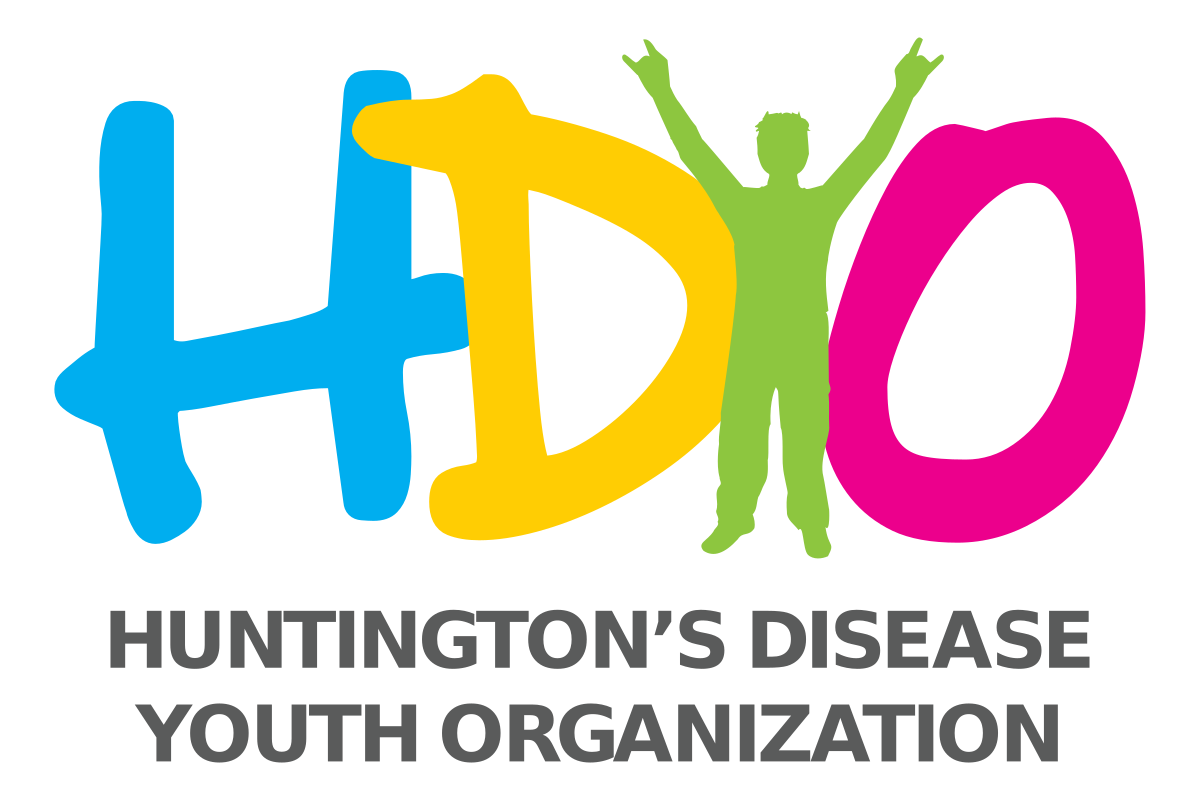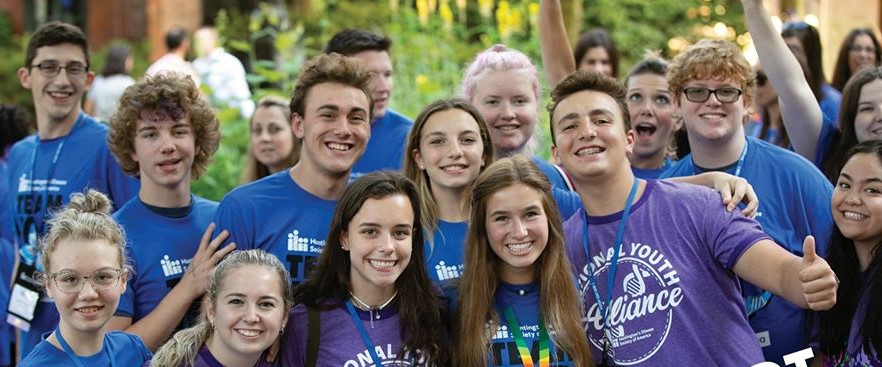Understanding At-Risk Status
April 12, 2025

HDYO has more information about HD available for young people, parents and professionals on our site:
www.hdyo.org
*Reviewed by Education and Research Committees 2025
Individuals at-risk for Huntington’s Disease (HD) face an uncertain and complex journey. Living with a chance of inheriting the gene mutation comes with profound emotional, psychological, and social challenges, that may permeate daily lives and future plans. This article aims to provide professionals working within the HD community, with insights and strategies, to better understand and support individuals, who are at-risk for HD.
Defining “At-Risk”
"At-risk" for HD refers to individuals with a biological parent, who has either tested positive for the gene mutation responsible for the condition, or who is themselves at-risk but untested, with a known family history of HD in their biological lineage. For more details, please check out this article - Being At-risk.
Why People Choose to Live At-Risk
It's important to recognize that individuals may choose to remain untested for a variety of reasons, including emotional, practical and social considerations. While these are common factors, it's essential to understand that everyone has their own unique beliefs and circumstances which influence this personal decision.
Emotional Readiness and Fear of Change: The person might not be mentally or emotionally prepared for the reality of receiving their test result. For others, life may currently feel stable and fulfilling, leading to a reluctance to disrupt that balance by seeking genetic certainty. The fear of survivor’s guilt if gene negative, or being labeled as "sick" if gene positive can further complicate this decision.
Perceived Lack of Actionable Outcomes: Since there are currently no disease modifying treatments for HD, knowing their genetic status might not lead to immediate solutions.
Desire to Protect Family and Relationships: Concerns about how a test result could affect family dynamics, create stress for loved ones, or lead to uncomfortable conversations may deter individuals from testing. For some, the decision is also tied to wanting to shield family members from unnecessary worry. Additionally, those with a family history of late-onset HD may perceive testing as less urgent.
Practical and Social Implications: Testing positive for HD could lead to significant practical challenges including the fear of losing employment, insurance discrimination, or barriers to emigration. These concerns often weigh heavily in the decision-making process, as individuals strive to protect their current quality of life.
Distrust or Negative Experiences with Support Systems: A poor experience with a medical professional, fear of general discrimination, or a lack of trust in medical and social support systems can discourage individuals from seeking genetic testing.
By acknowledging these diverse factors, professionals and community members can provide empathetic, nonjudgmental support, fostering an environment where individuals feel empowered to make decisions that align with their personal circumstances and values.
Emotional and Psychological Impact of Being At-Risk
The emotional and psychological experience of being at-risk for HD varies widely among individuals. Some at-risk people might grapple with anxiety about developing HD and may face identity challenges related to their uncertain genetic status. Other people who are at-risk might feel secure in their current choices and unburdened by the need to confront the alternative. The uncertainty of the future can present challenges in planning major life events or navigating relationships. Feelings of guilt, resentment, or difficulty relating to family members with different genetic outcomes may also arise for people at-risk for HD.
However, not all experiences are negative. Some people who are at-risk find empowerment in living fully in the present, focusing on aspects of life within their control. For these individuals, day-to-day life may continue largely unaffected with underlying influences on future decisions remaining dormant until a later time.
This variation of experiences underscores the importance of comprehensive and individualized support systems that address the wide range of emotional, social, and practical needs of those at-risk for HD.
Deciding on Genetic Testing Readiness
The decision to undergo genetic testing is a deeply personal process for individuals. It requires careful reflection on multiple factors. It is important not to pressure or guilt people to go through genetic testing. Tonality and language matter. Genetic counseling is an essential part of this journey, offering a supportive environment to explore these factors in depth. Counselors provide education on the testing process, the potential results, and their implications. This ensures that individuals make informed, thoughtful decisions. Genetic testing should never be pursued without proper counseling, as it helps individuals prepare for the emotional, medical, and familial impact of the results. It is crucial to connect with specialized HD centers or genetic counseling services for guidance. Your local or regional HD organizations and HDYO offer valuable resources and referrals to professionals who can support individuals through this process.
Knowing that genetic counseling and resources may not be available to everyone, HDYO has created a Genetic Testing Checklist for the community, to help with this important decision.
The Role of the HD Community in Supporting Individuals who are At-Risk
Professionals and community networks play a vital role in offering ongoing support. They can help individuals process their test results and adjust to their realities.
Key aspects include:
Creating Safe Spaces: Opportunities for open discussions and shared experiences enable individuals to express their emotions and connect with others facing similar challenges. This also means a no-judgment or no-pressure zone where their choices are respected, understood, and supported.
Awareness and Advocacy: Promoting understanding of the at-risk experiences helps to break down stigma and foster compassion within and outside the HD community.
Resources and Tools: Accessible educational materials, counseling services, and community programs are essential for empowering individuals who are at-risk, towards making informed decisions and navigating their HD journey.
Conclusion
Being at-risk for Huntington’s Disease is a uniquely complex experience. However, with foundational support, education, and a strong sense of community, at-risk individuals can navigate their journey with greater understanding, resilience, and hope, ultimately finding empowerment to make informed decisions about their futures.



